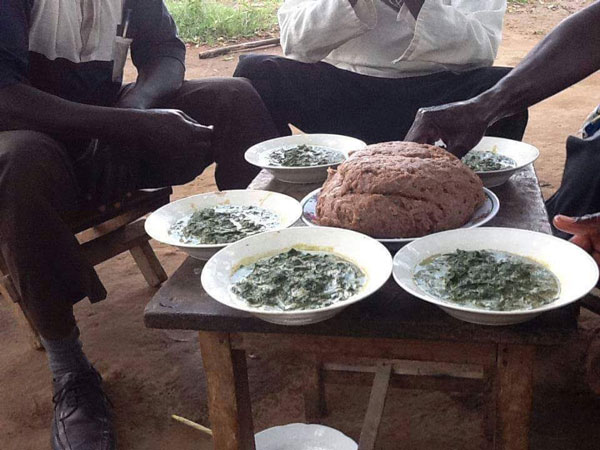
Kampala, Uganda | THE INDEPENDENT | Health and food rights advocates are urging the public to ignore recent information that wrongly links common local foods like matooke (green bananas) and kalo (millet) to the rise in diabetes cases.
The group says the article, published by New Vision, is misleading and not based on science.
The Uganda National Civil Society Coalition for Front-of-Pack Nutrition Labelling and Food Sovereignty says misleading reports can damage people’s trust in traditional foods and cause confusion about what is healthy. “Anyone who attacks matooke or kalo is not just attacking food, they are attacking Uganda and our way of life,” said Dr David Kabanda, a Food Rights lawyer and executive director of the Centre for Food and Adequate Living Rights (CEFHROT).
The coalition is among the many sections of the public that have condemned the article. It noted the information was false and that experts were not consulted.
They worry that Ugandans may stop eating traditional foods and start choosing unhealthy processed products instead. “We demand a front-page apology and a proper correction using facts from real nutrition experts,” said the group in a press statement. “This is about protecting people’s health and making sure journalism is responsible.”
The group also called on all media houses to check with nutrition and health professionals before writing about sensitive topics like diabetes, obesity, and diet.
Health experts say traditional Ugandan foods are not the reason why more people are getting diabetes. Instead, the problem is the growing use of ultra-processed foods, especially in cities. These foods are full of sugar, salt, and unhealthy fats.
Government reports also show that people are now eating fewer traditional staples like millet, cassava, legumes, and bananas, while processed food consumption is rising. “Matooke, kalo, and other local foods have fibre and important nutrients. They give energy slowly and don’t raise sugar levels too fast,” said Bernard Bwambale, a nutritionist.
Henry Kimera, the Consent Uganda Executive Director warned that when the media spreads false health stories, it can cause real harm. It can make people fear the wrong foods and lead them to unhealthy choices. “If we don’t know the truth about our food, how can we build a healthy nation?” asked Kimera,
****
URN
 The Independent Uganda: You get the Truth we Pay the Price
The Independent Uganda: You get the Truth we Pay the Price



